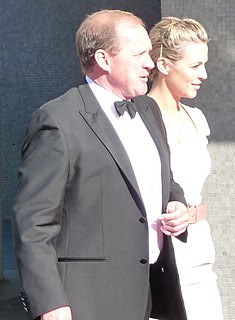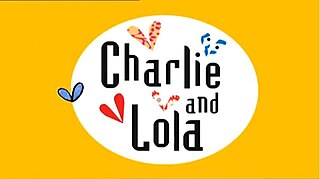| Yellowstone | |
|---|---|
 Series title card from UK broadcast | |
| Also known as | Yellowstone: Battle for Life |
| Genre | Nature documentary |
| Narrated by | Peter Firth |
| Composer(s) | Edmund Butt |
| Country of origin | United Kingdom |
| Original language(s) | English |
| No. of episodes | 3 |
| Production | |
| Executive producer(s) | Mike Gunton |
| Producer(s) | Andrew Murray Nathan Budd Paul D. Stewart |
| Running time | 50 minutes |
| Production company(s) | BBC Natural History Unit Animal Planet |
| Release | |
| Original network | BBC Two |
| Picture format | SD: 576i HD: 1080i/1080p |
| Audio format | SD: Stereo HD: DTS 5.1 |
| Original release | 15 March – 29 March 2009 |
| External links | |
| Website | |
Yellowstone is a BBC nature documentary series broadcast from 15 March 2009. Narrated by Peter Firth, the series takes a look at a year in the life of Yellowstone National Park, examining how its wildlife adapts to living in one of the harshest wildernesses on Earth. Yellowstone debuted on BBC Two at 8:00pm on Sunday 15 March 2009 and has three episodes. Each 50-minute episode was followed by a ten-minute film called Yellowstone People, featuring visitors to the Park and locals who had assisted the production team. The series was the channel's highest-rated natural history documentary in over five years with audiences peaking at over four million. [1]
The British Broadcasting Corporation (BBC) is a British public service broadcaster. Its headquarters are at Broadcasting House in Westminster, London, and it is the world's oldest national broadcasting organisation and the largest broadcaster in the world by number of employees. It employs over 20,950 staff in total, 16,672 of whom are in public sector broadcasting. The total number of staff is 35,402 when part-time, flexible, and fixed-contract staff are included.

A natural history film or wildlife film is a documentary film about animals, plants, or other non-human living creatures, usually concentrating on film taken in their natural habitat but also often including footage of trained and captive animals. Sometimes they are about wild animals, plants, or ecosystems in relationship to human beings. Such programmes are most frequently made for television, particularly for public broadcasting channels, but some are also made for the cinema medium. The proliferation of this genre occurred almost simultaneously alongside the production of similar television series.

Peter Macintosh Firth is an English actor. He is best known for his role as Sir Harry Pearce in the BBC One show Spooks; he is the only actor to have appeared in every episode of the show's ten-series lifespan. He has given myriad additional television and film performances, most notably as Alan Strang in Equus (1977), earning a Golden Globe Award and an Academy Award nomination for the role.
Contents
In the United States, an edited version of the series was broadcast under the title Yellowstone: Battle for Life. It aired as a two-hour TV special, and premiered on Animal Planet on 22 March 2009.

Animal Planet is an American pay television channel owned by Discovery, Inc. First established on October 1, 1996, the network is primarily devoted to series and documentaries about wild animals and domestic pets.
The series was one of the most popular titles at BBC Worldwide's annual market for international clients with pre-sales to nine territories including Spain (Canal+), Germany (WDR), Russia (Channel 1) and Italy (RTI). [2]




















